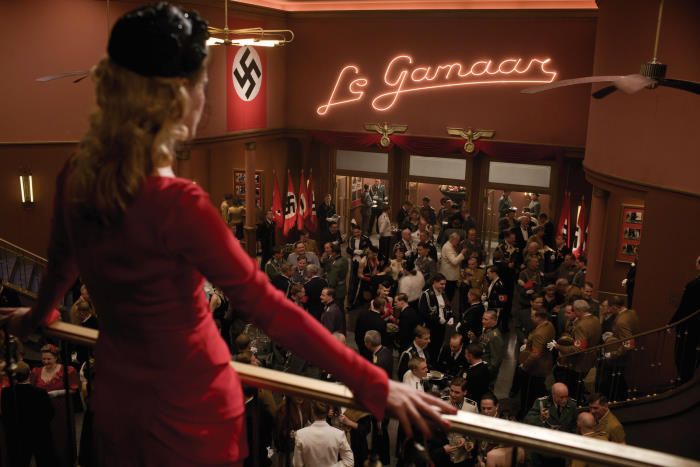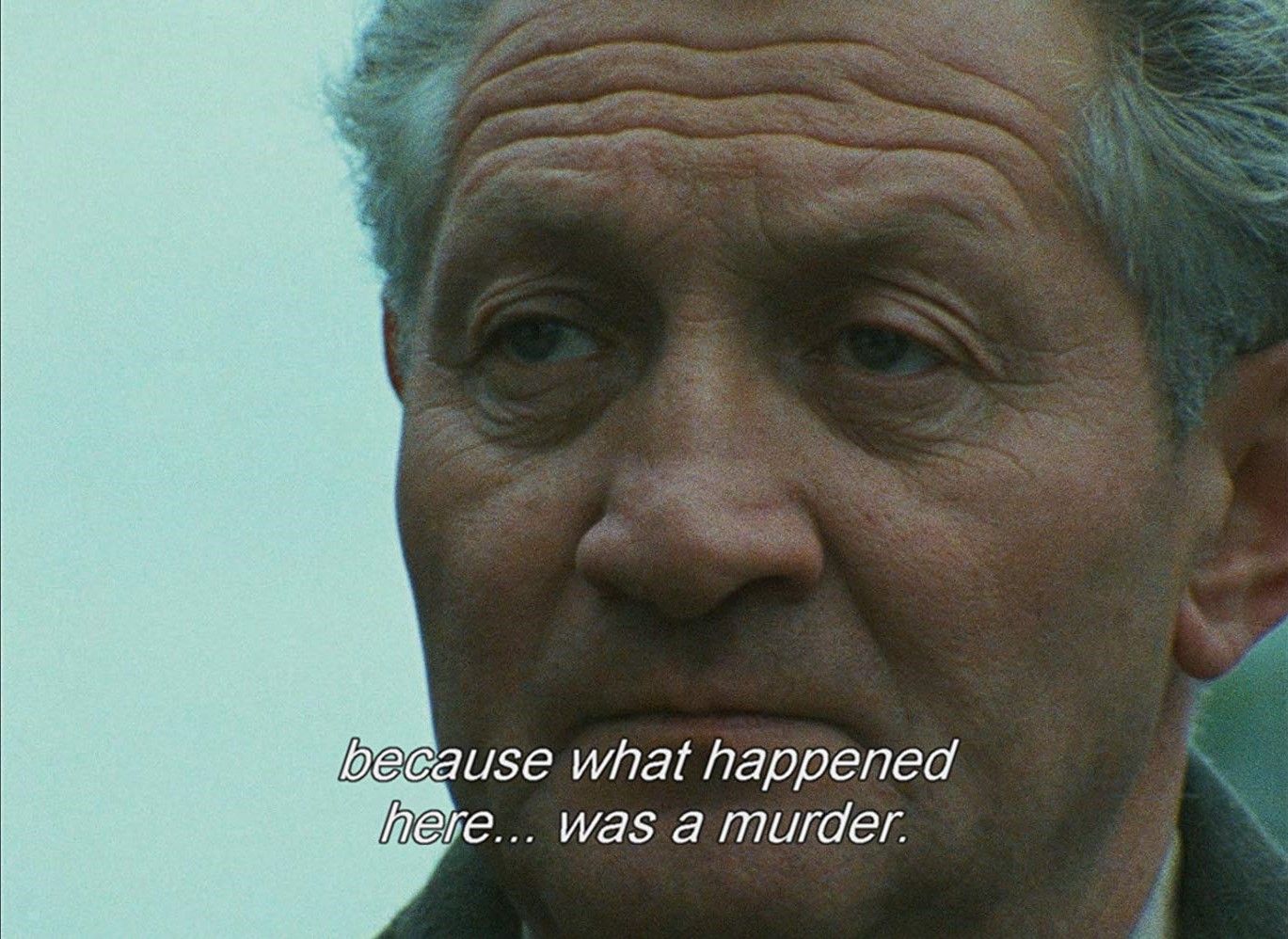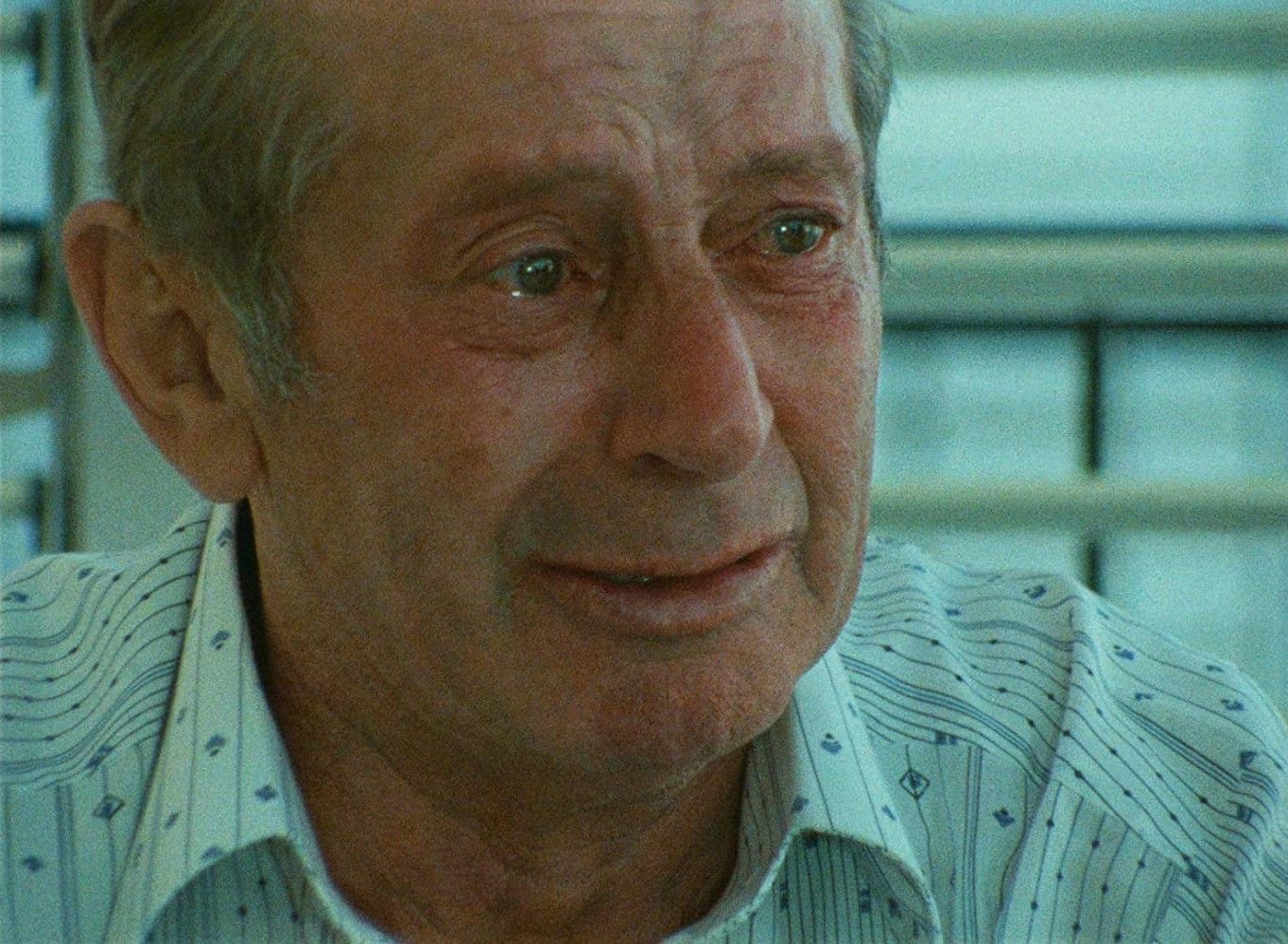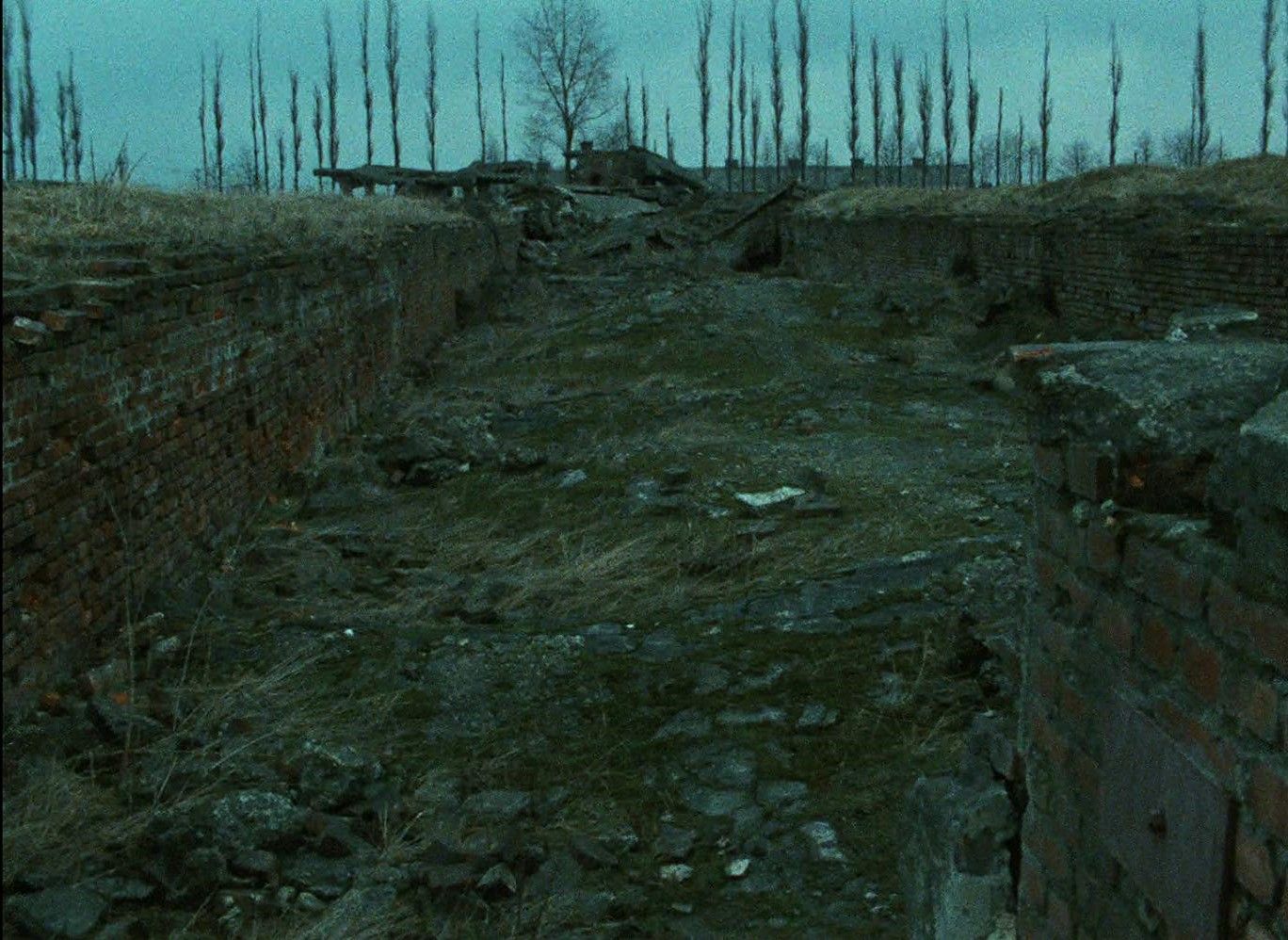By Guy Atoun, Second Year, Law
What we seek for when we embark on a ‘cinematic experience’ will naturally differ based on our contrasting tastes and personal preferences. In some way or another, however, even without realising, what we almost always seek for is a ‘perspective’ on life.
We are living in a time where films are easily accessible. The vast quantity of films that are available to us inevitably means that there must be a process of elimination. In order to stand out from the rest, a film must provide something that is somewhat unusual, or that we've never seen before. Unless we already have a prior interest in the subject or the people involved, the film must offer us a different perspective to intrigue us.

The sad reality behind this is that it may affect the attitudes towards cinema and how we should present certain subject matters, including films that delve into horrific subjects such as the Holocaust. Consequently, the subject itself, although it hasn't lost its meaning in any way, falls into this cycle of films that must present something completely different in order to intrigue us.
An example of this is Inglorious Basterds (2009) which uses World War Two as a backdrop for a Tarantino film. Whether you like it or not, the Holocaust and many other historical tragedies have been used as plot points in order to further the - often fictitious - story. It is as if we are so grown used to accepting these tragedies that we’ve placed them in the background for things that may actually interest us.
We have grown accustomed to films about this tragedy to the point where watching such films become formulai
Shoah (1985) may perhaps be one of the only films that dealt with this historical event in the most coherent and respectful manner. Lacking any form of music or score that may manipulate the audience into an emotional reaction, this nine-and-half hour film is comprised of interviews with figures who lived through World War Two and have a personal perspective on this historical event.

There have been hundreds of films made on the Holocaust since 1940, and so we have grown accustomed to films about this tragedy to the point where watching such films become formulaic. The term 'melodramatic' is often thrown around to describe many of these films.
Rather than turning this subject into a needlessly complex spectacle of entertainment with twists to keep the viewer's attention, we must view it in its simplest form: a tragedy. We must be incredibly careful when portraying characters such as Nazis to ensure that they are not humanised, or more dangerously, justified.
That is, in my opinion, the essence of cinema: to penetrate into our most undesirable thoughts and confront us about them
The figures in Shoah include Jewish survivors, Nazi commanders, historians and eye-witnesses to the Nazis’ acts. Never has a film been so simple yet so effective. Director Lanzmann carried out these interviews which, knowing his background and upbringing as a French Jew who fought with the French resistance aged 17, must have been very difficult to do.
Despite this, he penetrated into these individuals' experiences in a way that not many documentarians are capable of doing. He elicits crucial information while remaining respectful and, most importantly, not being manipulative or patronising in any way.
It is the greatest feat in the history of Documentary filmmaking.
— 𝕄𝕚𝕔𝕙𝕒𝕖𝕝 𝕎𝕒𝕣𝕓𝕦𝕣𝕥𝕠𝕟 🔰 (@mikewarburton) November 8, 2019
It is the most important Documentary in the history of Filmmaking.
It is the only Documentary I would force every human to watch if I could.
SHOAH (1985)
Directed by Claude Lanzmannpic.twitter.com/R0mCFd17V1
One of the main reasons why people may avoid this film is due to its incredible length. I myself watched this film over the course of four days, mainly because of how emotionally devastating it is. However, if the length of this film is what that is discouraging you to watch it then you are missing out on a masterpiece.
In Shoah - meaning Holocaust in Hebrew - we find some of the most powerful moments in the silences. These silences can convey emotion without a single word said. That is, in my opinion, the essence of cinema: to penetrate into our most undesirable thoughts and confront us about them while ensuring that they are not normalised into our lives.

It is clear that many of the interviews were planned in advance as this film was 11 years in the making, but they appear uninfluenced. This results in genuine remarks about what people saw and how they feel about the whole experience, which is often incredibly fascinating as many of them have grown to accept these events so nonchalantly.
The same can be said about many people today who view this historical event simply as something of the past - ignoring those who deny the Holocaust altogether. It seems that whenever there is a new film about the Holocaust all we do is simply watch it, feel [insert intended emotional reaction] for a few hours, perhaps speak about it briefly and move on with our lives.
We need the perspectives in our lives of people who lived not too long ago
Some even categorise such films as 'Oscar-Bait' made with the pure intention of critical acclaim and to further the filmmakers' careers. To put it simply, if we come to a point where films about the Holocaust or any historical tragedy are viewed as part of a systematic formula to win awards, we are doing something wrong.
Shoah’s interviews are at times unbearable to withstand. An example of this would be Nazi Corporal, Franz Suchomel, who confesses to horrific and unforgettable acts of cruelty. The interviews with the former Nazis are handled very carefully to objectively portray their actions, which are clearly unexplainable.

This type of film is exactly what we need in an age of disposable pieces of entertainment that are quickly forgotten. We need the perspectives in our lives of people who lived not too long ago, through something that will go down as one of the most despicable crimes in the history of humankind.
Shoah is something so incredibly powerful that it is somewhat of a shame that it's seldom discussed. It is one of my favourite documentaries and is one that has shaped my perspective on the essence of cinema and what it is capable of accomplishing in our lives. It is something which I'll never forget and I highly encourage others to experience it for themselves.
Featured: IMDb / BBC
Do you agree that the film industry's commodification has led to the 'normalisation' of historical tragedies?








